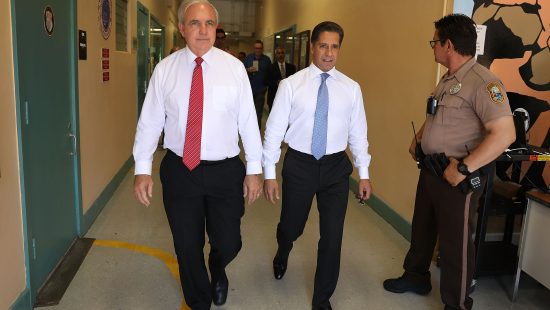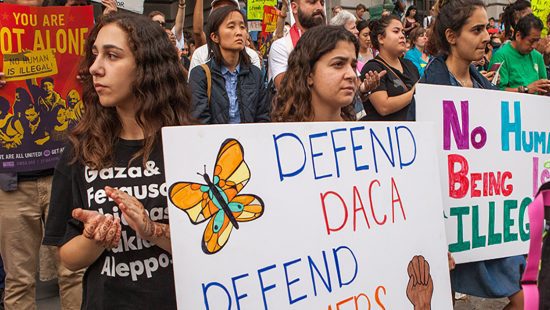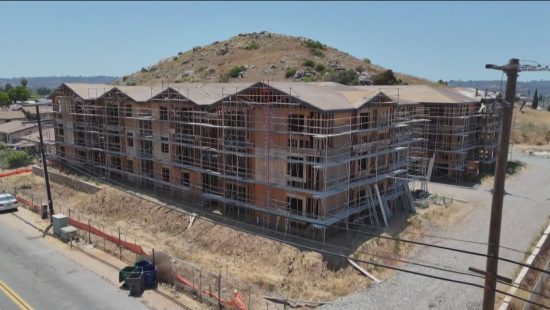The Trump administration has reportedly terminated the Department of Labor’s only job training program for low-income seniors—a decision that comes as older Americans brace for new work-reporting requirements under the Republican budget law enacted earlier this month.
Bloomberg Law reported Friday that the Labor Department “quietly ended” its Senior Community Service Employment Program (SCSEP), which helped low-income Americans aged 55 or older find part-time employment or receive job training at nonprofits and government agencies. The program, described as a bridge to full-time employment, served tens of thousands of people across the country.
Groups that received funding under SCSEP, such as the National Council on Aging and Goodwill Industries, “say the program stopped giving them money after June 30,” according to Bloomberg Law, which also reported that the Labor Department “hasn’t made available the roughly $300 million set aside for national grant recipients.”
The Trump White House has proposed eliminating funding for SCSEP in its fiscal year 2026 budget request, characterizing the program as an “earmark to leftist, DEI-promoting entities.”
In a July 17 letter to Labor Secretary Lori Chavez-DeRemer and Office of Management and Budget Director Russell Vought, a group of Democratic lawmakers led by Rep. Judy Chu (D-Calif.) warned that withholding SCSEP funds has already had “devastating impacts,” citing program grantees in several states that have been forced to furlough thousands of low-income seniors.
Clayton Fong, president and CEO of the National Asian Pacific Center on Aging, said earlier this month that the funding delay “is not just a bureaucratic issue—it’s a crisis for tens of thousands of older adults who depend on SCSEP to survive.”
“Many of our participants are living on the edge of poverty,” said Fong. “SCSEP gives them purpose, dignity, and the ability to put food on the table. The longer this delay continues, the deeper the harm is.”
Bloomberg Law noted that the end of SCSEP “could be particularly dire for the thousands of participants who will have to find work or volunteer hours to keep their public health insurance coverage.”








